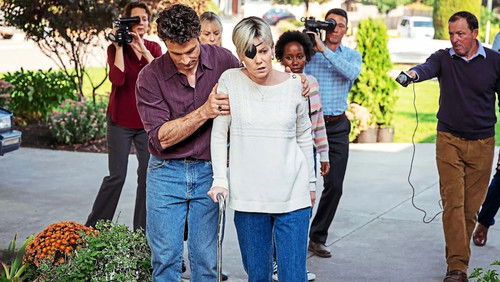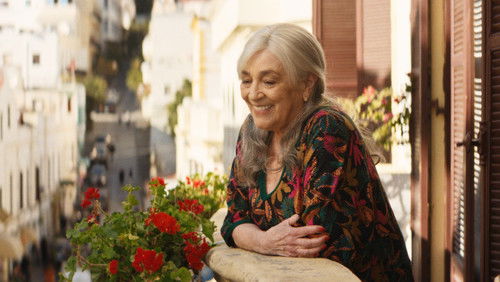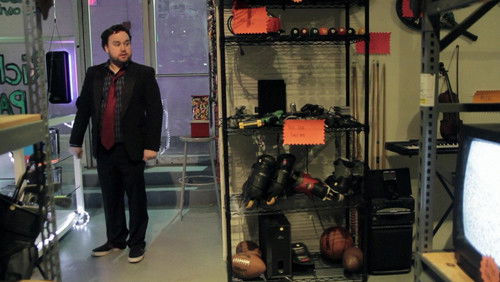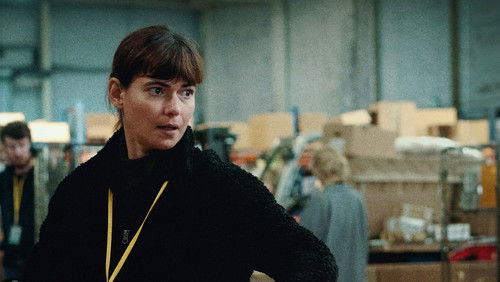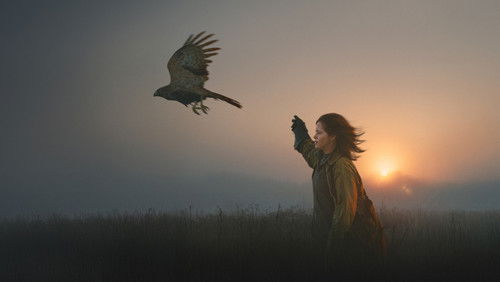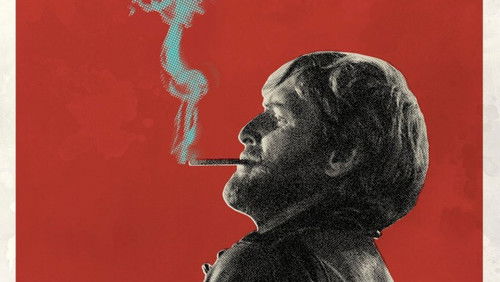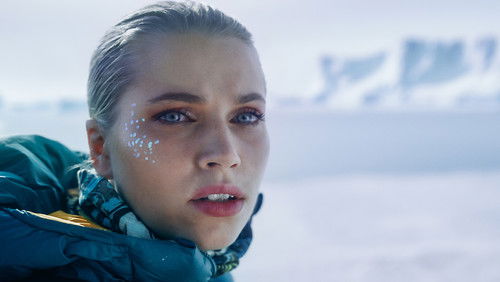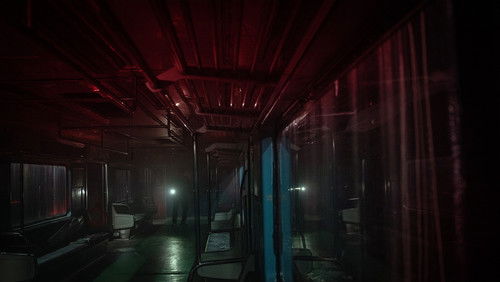Das Gewicht des Wassers (2000)
37KDas Gewicht des Wassers: Directed by Kathryn Bigelow. With Ciarán Hinds, Richard Donat, Sarah Polley, Ulrich Thomsen. A newspaper photographer researches an 1873 double homicide and finds her own life paralleling that of a witness who survived the tragic ordeal.
“Five years after the still underrated Strange Days, admirers of the considerably talented director Kathryn Bigelow were wondering when they would see her next project. When it appeared, The Weight Of Water proved much more consciously u0026#39;literaryu0026#39; (being adapted from a novel by Anita Shreeve), being conceived on narrower scope than the previous film, but exceeding its temporal complexity. In her recent films, Bigelow has seemed intrigued by the way in which flashbacks can section a narrative, and dictate tension. Strange Days notably included the visceral thrill of replayed memories, demonstrating all the dangers of literally living in anotheru0026#39;s head. The present film juxtaposes old and new events much more traditionally, but still creates unsettling experiences in parallel – in ways sometimes reminiscent of The French Lieutenantu0026#39;s Woman (1981).u003cbr/u003eu003cbr/u003enFor those used to the usual Hollywood clichés, the prospect of a boatload of innocents visiting an isolated scene of an old terror might suggest the imminent arrival of vengeful possession. To their credit, Bigelow and her source are above such routine stuff, although the script manages some genuinely creepy moments as Jean (Catherine McCormack) contemplates the gruesome past of Smuttynose Island on, and off, shore. As other reviewers have noted, The Weight Of Water is less about ghastly occurrences than a parallel study of two women, both trapped in loveless relationships. One, the 19th century immigrant Maren Hontvedt (Sarah Polley) reacts with uncharacteristic violence; Jean, the other, is powerless (or even initially willing?) when seeing her man slipping away – either emotionally or then physically. u003cbr/u003eu003cbr/u003eSo stark and successful are the scenes set in the past (the first time that Bigelow has directed such historical material) that one wishes that the modern day episodes aboard the Antares were more engrossing. Part of this is to do with the casting. Although much better than she would prove next in Bedazzled, as the coquettish Adaline Gunn Elizabeth Hurley is simply too shallow an actress to suggest the complexities and depths that her part deserves. Some of this is the scriptu0026#39;s fault, giving her little chance to express herself in anything but blatant body language. Whether lounging in her provocative white bikini, or sucking and toying with ice cubes like a nymphet arousing the poet Thomas (a troubled Sean Penn), our interest in her is usually limited to whether she succeeds in seducing half of the dysfunctional couples sharing the yacht. u0026quot;Womenu0026#39;s motives are always more concealed than menu0026#39;s,u0026quot; suggests Thomas at one point. Unfortunately, in Adalineu0026#39;s case at least, they are as obvious as the look on her face.u003cbr/u003eu003cbr/u003enBoth the house on Smuttynose Island and the u0026#39;sort-of vacationu0026#39; enjoyed by those on the Antares, are threatening and claustrophobic. The atmosphere between consenting adults on board reminds one at times of that on the boat in Polanskiu0026#39;s Knife In The Water (aka: Nóz w wodzie, 1962), although events turn out differently. As Jean observes, at the time of the killings it was felt that Louis Wagner (Ciarán Hinds) u0026quot;was in love with one of the women, (and that) murder was the only way he could possess her.u0026quot; u0026quot;I like that,u0026quot; comments Adaline tritely, unconsciously inviting an echo of this obsessive behaviour towards herself. At one point a rogue wind literally flaps her in some original documents relating to the case, a tangible suggestion of a bond between past and present. Although she doesnu0026#39;t succumb to the same Lizzie Borden-nightmare that took place on shore, the tension is there.u003cbr/u003eu003cbr/u003enOn board the Antares from the start, the drama of sexual attraction is of more importance than the violence of historical events, even though it is the old criminal case which has drawn Jean, leaving its emotional shadow. It is ironic and apt that her preoccupation with it partly makes her refuse Thomasu0026#39; belated advances in the archive library. Usually, before this moment of romance, he glumly chain-smokes or decries the sensitivity which first attracted Jean – indeed for a poet, he remains curiously inexpressive of his feelings. It turns out that while contemplating the tanning body of Adaline heu0026#39;s absorbed with the death of an old girl friend in a car crash, one for which he was responsible and which inspires his famous poetry. In contrast, Rich Janes (Josh Lucas) the poetu0026#39;s brother and Adalineu0026#39;s current lover, seems unaffected either literature or the strained atmosphere – even at one point making light of his own lack of emotional commitment. With such a crew, one main difference between the 19th and the 21st century, the film suggests, is that of emotional engagement. All of the real u0026#39;dramau0026#39; takes place in the wood cabin. On the yacht it is left deliberately shallow, and largely unexpressed – even if just as desperate. u003cbr/u003eu003cbr/u003eIt is Bigelowu0026#39;s skilful cutting between that century and this, and her suggestions of patterns both here and there, which makes the film so enjoyable and interesting. The film stands or falls by this technique and a typical criticism of it has been that u0026#39;the issues are subtle to the point of mere implicationu0026#39;, or that the final moments of catharsis carry little weight as u0026#39;so little of dramatic interestu0026#39; precedes them. But much of the pleasure from the picture lays precisely in the undecided or the unspoken, where a wifeu0026#39;s desperation can be blown away in the wind and sea, and love is a trap. A more exact resolution of Jeanu0026#39;s emotional dilemma, or a stricter line drawn between time zones would have reduced the mystery considerably. This is a film where it is simply enough, as Jean rightly observes, u0026quot;that you sense something is about to happen – and when you realise it already has.u0026quot; u003cbr/u003eu003cbr/u003eHurleyu0026#39;s shortcomings as an actress aside, most of the cast is excellent. Sarah Polley seems to have found her dramatic niche in cheerless historical settings (she was also in Winterbottomu0026#39;s excellent The Claim, 2000) and projects just the right degree of Scandinavian angst. Bigelow uses all of her locations effectively, with some especially impressive shoreline work, and the plot flows easily. This directoru0026#39;s admirers should seek this out, and welcome her talent back without delay.”
